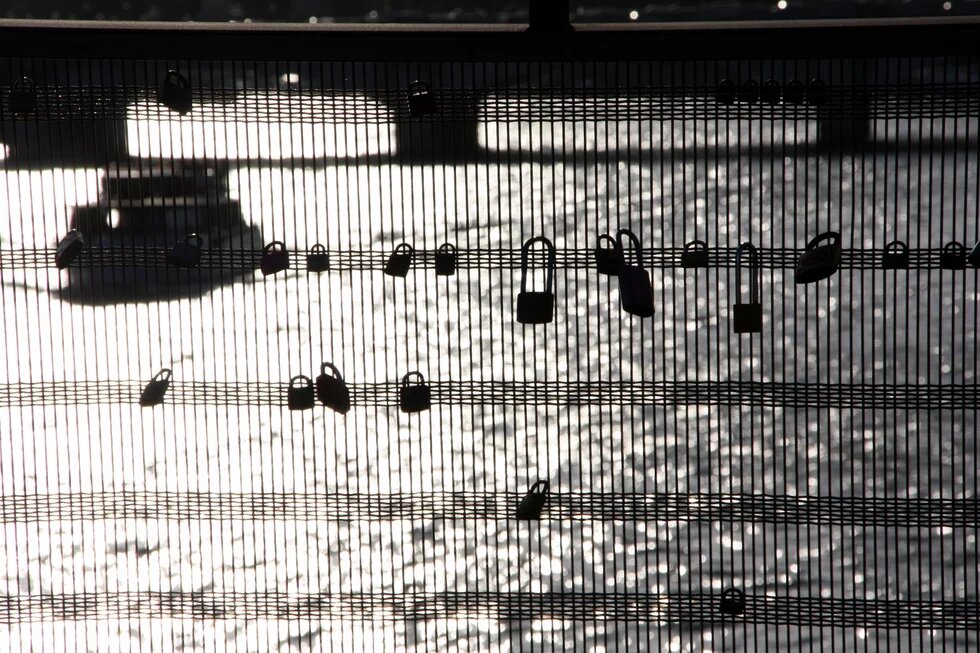
The three-word motto cited by Hollande in his statement could serve as a summary of what is needed after the Brexit: “freedom, solidarity, and peace”.
This comment by Manuel Lafont Rapnouil was first published by the European Council on Foreign Relations.
The French reaction to Brexit can be summed up in the following four points.
First, astonishment. Not so much because it comes as a surprise. But this is a moment of great significance, and the European project has never seemed so vulnerable: not just stalling, but actually reversing. Many commentators criticise what they see as David Cameron’s foolhardy decision to call for such an important referendum when he didn’t have a better plan for winning it, and for having so often used the EU as a scapegoat.
Second, the need to resolve uncertainties, including in the financial markets. President François Hollande’s statement this morning aimed to give the sense that the process will be orderly and under control, while expressing continued commitment to the European project. But France is also greatly concerned with the uncertainty over the UK’s new relationship with the European Union, which is yet to be defined.
Contrary to the view of some observers, France does not aim to punish the UK for its Leave vote. But, for a variety of reasons, from economic concerns to a wish to deter further fragmentation, Paris believes that a clear outcome is necessary: “Leave means Leave”. The UK can no longer have one foot in and one foot out. Most French commentators insist that Cameron’s decision to postpone activation of Article 50, which governs the exit process, is another blow to an EU that needs to move forward sooner rather than later.
Third, a sense that this is not just about the UK. Recent polls have pointed to a growth in French euroscepticism, making France one of the most sceptical member states, second only to Greece. The French people are less and less convinced of their gains from the EU. And the argument that “there is no alternative” is no longer compelling. Hollande explicitly acknowledged that Europe needs to put the people’s wishes first. And the Republicans opposition party is already debating the idea of a referendum, although this would be to endorse a renegotiated European project, rather than to leave or stay in the EU. Only the Front National supports the notion of a “Frexit” and wishes to follow the British referendum model. With a presidential election approaching in spring 2017, it is hard to see how France can better shelter its political debate from the eurosceptic and nationalist brand of populism that is currently thriving across the West.
Fourth – and as a consequence of the third point – the expectation of a major political initiative, most likely in concert with Berlin. Hollande has hinted at the need for “deep change” and confirmed that he will meet with Angela Merkel and other leaders next Monday, ahead of the European Council meeting on 28 June. But most observers believe that the success of such an initiative is far from guaranteed. Eurozone integration is important, but too divisive in terms of public opinion. Institutional reform is a non-starter given the public mindset. Defence and even more security could be key priorities put forward by Paris. Economic concerns over growth, jobs, and long-term investment are also likely to be included.
Pro-European officials and commentators hope that such an initiative will also include a new political narrative in a belated effort to win back public opinion. The three-word motto cited by Hollande in his statement could serve as a summary of what is needed “freedom, solidarity, and peace”.
This comment by Manuel Lafont Rapnouil was first published by the European Council on Foreign Relations under a CC-BY-NC-ND 4.0 license. It is part of our special Europe's future after "Brexit".